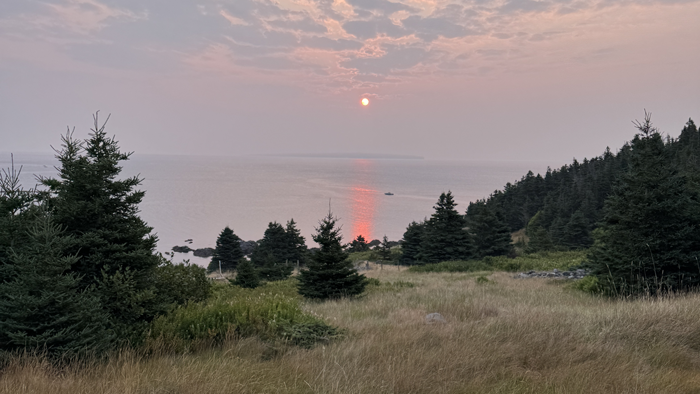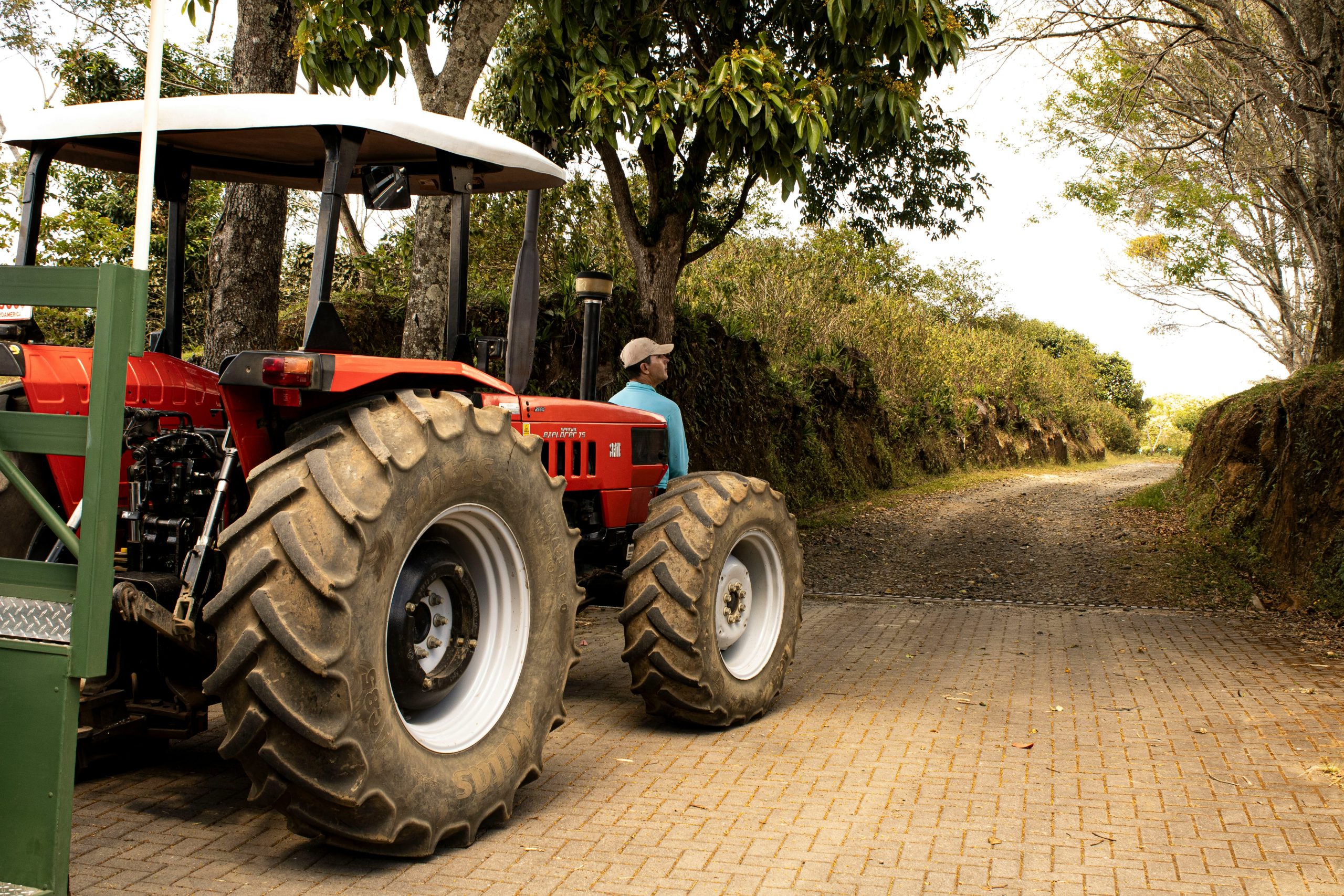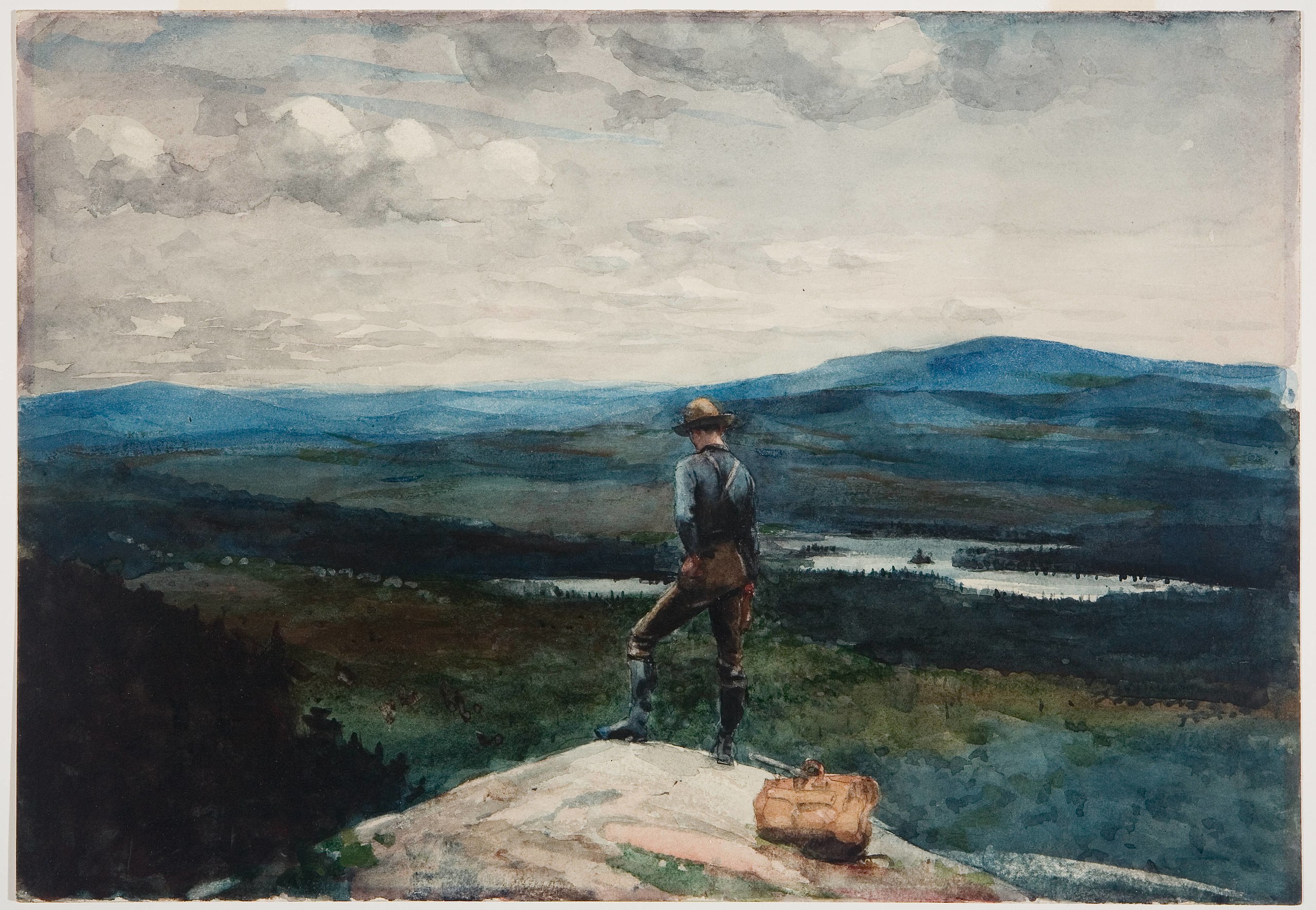F A N E
Ecological Conversion For A New Earth
MOST RECENT
FANE Public Seminar in Environmental Ethics, 2026
FANE Field School 2025 in Newfoundland, Canada
Agroecology: the science and art of building sustainable agri-food systems. A case study from Sarapiqui, Costa Rica.
Online Seminars, “The Art of Living”, continues 31 October
WHO WE ARE
FANE is a Newfoundland and Labrador based non-profit organization that mobilizes philosophy, science, and art to awaken care for our common home.
Our method is transformative, placed-based education.
We make ecology understandable and compelling everywhere.
FANE´s mission is ecological conversion for everyone.
We are seeking to create new ways to build up thriving, more than human communities, ecologically, economically and culturally.
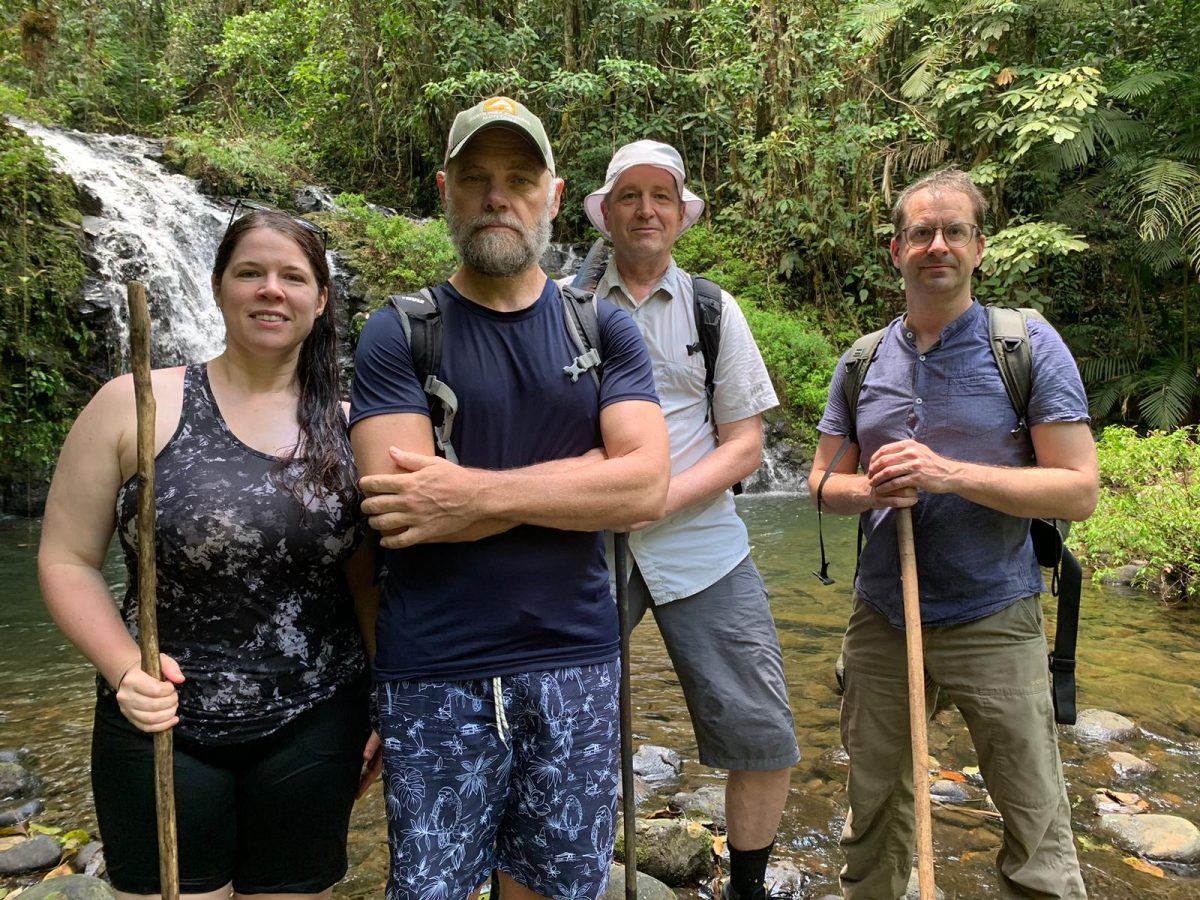
WHAT WE DO
FANE is a Newfoundland and Labrador based initiative that mobilizes philosophy, science, and art for the sake of awakening care for our common home.
FANE has three areas of concern: natural, spiritual and cultural ecology. Our natural ecological goal is conservation. Our spiritual ecological goal is consciousness. Our cultural ecological goal is conversion.
In pursuit of these goals, FANE is guided by three principles. In all that we do, we seek to experience interdependence, to understand our place in the more-than-human-world, and to respond to the cry of the earth.
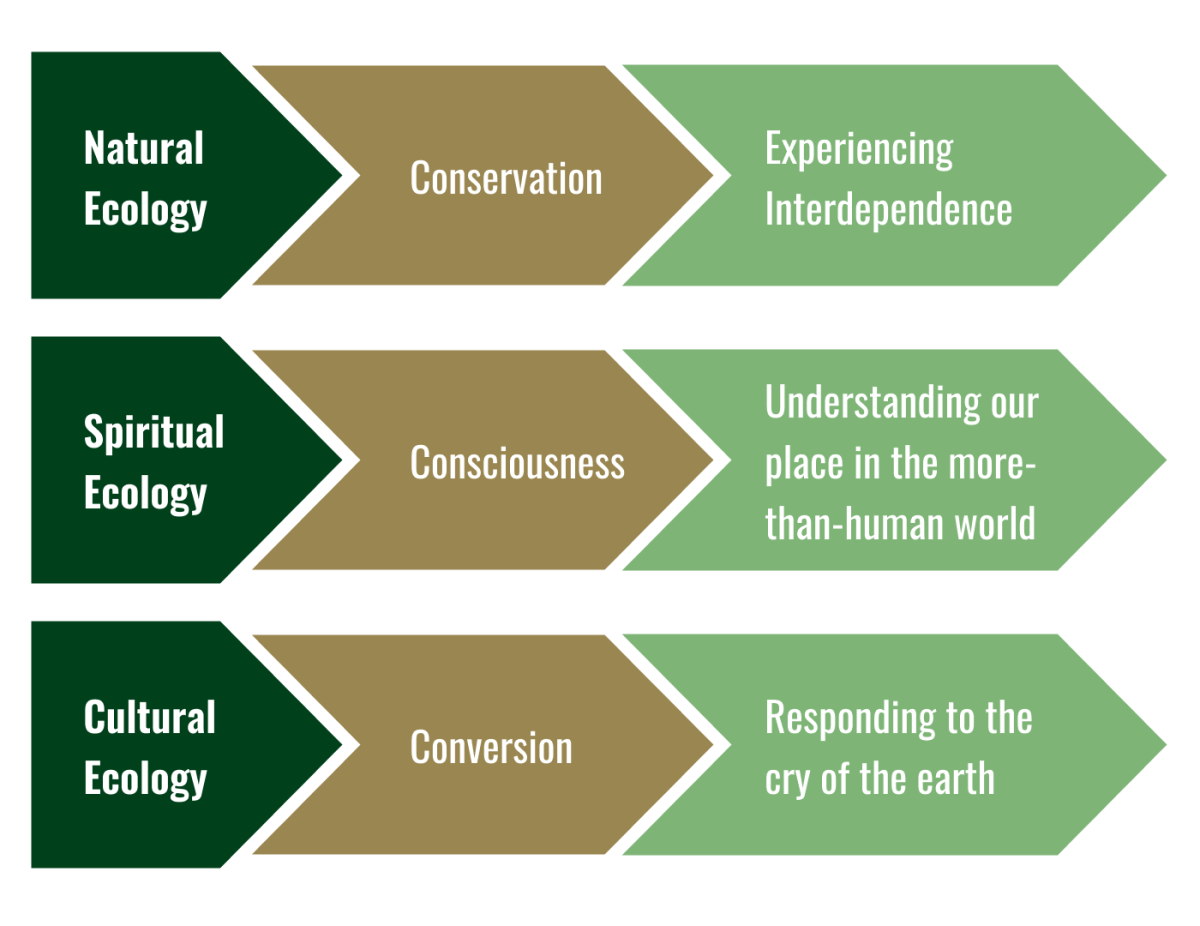
A detailed overview of FANE's history and activities
Presentation by Kyla Bruff (2025)
'The creation of concepts in itself calls for a future form, for a new earth, and for people that do not yet exist.'


